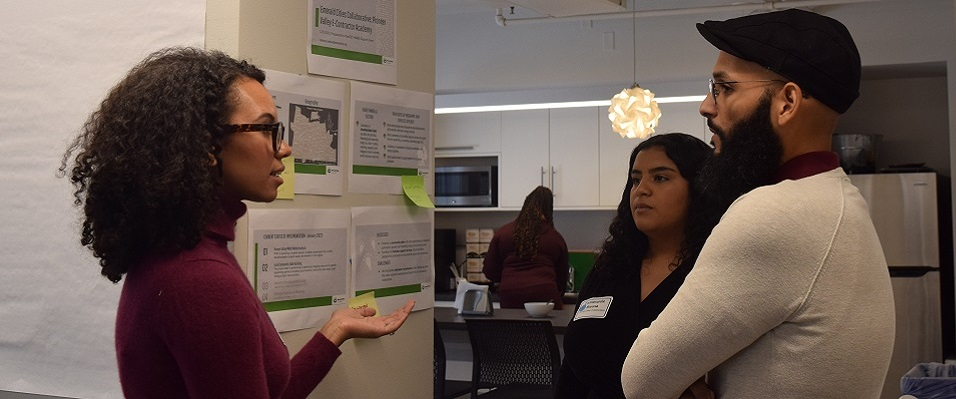
The Challenge: Expand equitable access to career and business opportunities in climate-critical fields
The Massachusetts clean energy workforce will need to grow by 38%, or more than 38,000 workers by 2030 to meet the state’s climate goals. Many of these jobs will be well-paying, with median wages of over $36 per hour, in 2023 dollars. A robust, well-trained, and inclusive workforce is vital to achieving and sustaining the Commonwealth’s climate goals. Organizations that deliver career awareness, training, or business support programs can ensure that Minority and Women-Owned Business Enterprises (MWBEs), fossil fuel workers, and individuals from Environmental Justice (EJ) Neighborhoods, low-income communities, or federally recognized or state-acknowledged tribes benefit from equitable access to climate-critical workforce opportunities. However, delivering such programs requires planning and resources that these organizations may not have.
About Equity Workforce Planning and Capacity Grants
Equity Workforce Planning and Capacity Grants provide up to $30,000 for up to 12 months for planning needed to develop a program plan ready for implementation or up to $150,000 for up to two years for capacity building (expanding staff, solidifying essential partnerships, developing content and curriculum design, etc.) to start or expand a clean energy equity workforce program. In addition to direct funding, planning and capacity grantees receive technical assistance support from MassCEC to facilitate targeted networking, expanded partnerships, stronger program design, and effective practices for achieving outcomes.
$30,000 for Planning; $150,000 for Capacity
Rolling
Funding Schedule
Applications for the Equity Workforce Planning and Capacity Grants are accepted on a rolling basis. Applications submitted by the listed priority review dates will be reviewed on a more expedited timeline.
Process Step |
Timing |
|---|---|
RFP Release |
September 5, 2023 |
Questions Due to MassCEC via workforce@masscec.com |
Ongoing |
Questions with Answers Posted to MassCEC Website |
Ongoing |
Pre-Application Webinar |
September 21, 2023, at 3 PM |
Pre-Application Office Hours |
See dates and times |
Applications Due |
Applications will be accepted on a rolling basis through 11:59 pm on May 20, 2024 |
Priority Review Dates for MassCEC |
Applications received by:
|
Interviews of Applicants (as needed) |
TBD |
Notification of Award |
Approximately 6-8 weeks after submission |
Who's Eligible
Single organizations or partnerships are eligible to apply. If multiple parties are applying jointly, one party should take on the role of Lead Applicant.
The following entities are eligible to serve as a Lead Applicant:
- Community-based organizations, such as community action partnerships, environmental justice organizations, neighborhood revitalization organizations, advocacy groups, affordable housing providers or developers, and non-profits
- Post-secondary educational institutions, K-12 school districts, comprehensive and vocational high schools, middle schools, and vocational schools offering a Career Technical Initiative evening training program
- For-profit entities such as for-profit training companies, trade associations, unions, or other coalitions of businesses and clean energy businesses
- Federally Recognized and State-Acknowledged Tribes
- Workforce development organizations, either non-profit or for-profit
- Massachusetts Workforce Investment Boards and Career Centers/MassHire Organizations
Apply
Application Process
To apply:
- Review the Equity Workforce Training Planning and Capacity Grant Request For Proposals (RFP).
- Review all RFP forms and attachments.
- Attend MassCEC informational webinars and/or use other informational resources offered.
- Contact MassCEC with questions or to discuss your ideas via at workforce@masscec.com.
- Complete all RFP forms and attachments according to instructions.
- Submit all completed RFP forms and attachments by email to workforce@masscec.com upon completion and before 11:59 pm on May 20, 2024, with “Equity Workforce Planning/ Capacity Grant Application” in the subject line.
For full Program details, please refer to the RFP.
Application Materials
Send completed application to workforce@masscec.com
Pre-Application Office Hours
MassCEC hosts a series of office hours (one-hour blocks) to answer questions about all open Workforce Development grants. Register below to receive a meeting invite. Join anytime during the one-hour block!
Pre-Application Webinar
On September 21st, MassCEC hosted a pre-application webinar for the Equity Workforce Planning and Capacity Grants. Watch the webinar recording to learn more about eligibility, budget, and application process.
Frequently Asked Questions
These FAQs were last updated on November 8, 2023. (No further updates as of January 11, 2024.)
Questions are accepted and answers will be posted on a rolling basis. Submit questions to workforce@masscec.com.
Other Resources
MassCEC will look favorably on applications that propose data-driven approaches and leverage pre-existing resources from the robust workforce development and clean energy sectors in the Commonwealth of Massachusetts. Applicants are advised to use the following and additional resources to inform their applications:
Labor Statistics
Clean Energy Sector
Job Training & Workforce Development
Commonwealth Corporation Available Funding Opportunities
MassHire Regional Workforce Skills Planning Initiative
MassHire State Workforce Board
MA Division of Apprentice Standards
The Boston Foundation SkilWorks Project Catapult on next generation workforce development

Small Business Enterprises/MWBEs
Networking
MassCEC is compiling a list of potential applicants interested in networking and partnerships for the open Workforce Equity grants. View the list here.
Sign up to the partnership list by sending your contact name, contact info, type of organization, and focus sector to workforce@masscec.com.
Recent Planning and Capacity Grant Projects

Round 1 Grantee
All In Energy is developing career pathways for multilingual individuals from EJ neighborhoods to become energy auditors, these pathways involve placement in customer-facing roles at Mass Save programs to give participants the resources and time needed to train to become energy auditors.

Round 2 Grantee
Apprentice Learning is developing a multi-year plan to integrate awareness of climate-critical career pathways and real-world learning experiences into its curricula and programming for in-school and out-of-school time activities targeted middle-school youth in Boston’s low-income and environmental justice communities.
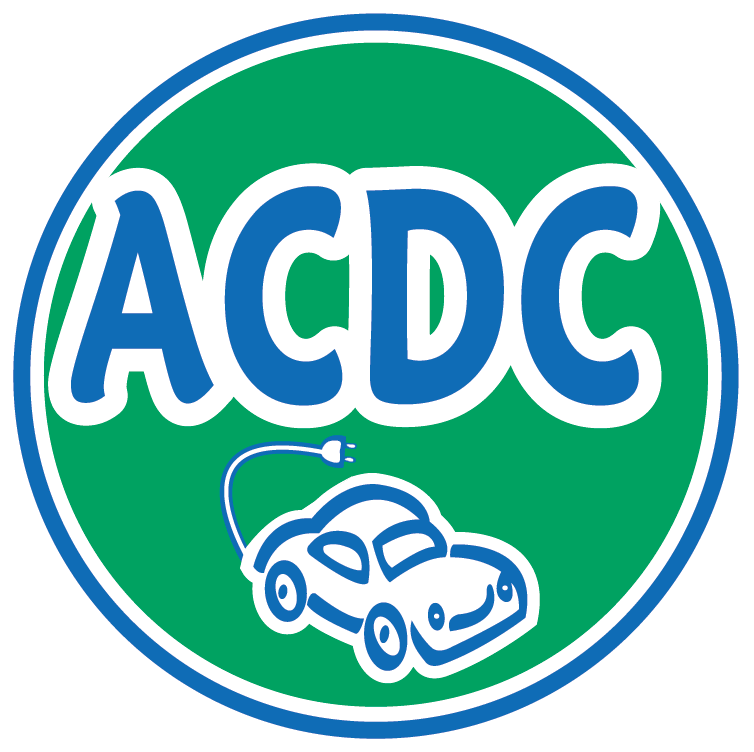
Round 1 Grantee
Automotive Careers Development Center (ACDC) is expanding existing hybrid and EV training programs to recruit and train individuals working in the fossil fuel industry from EJ Neighborhoods across the state to work in and service those communities.
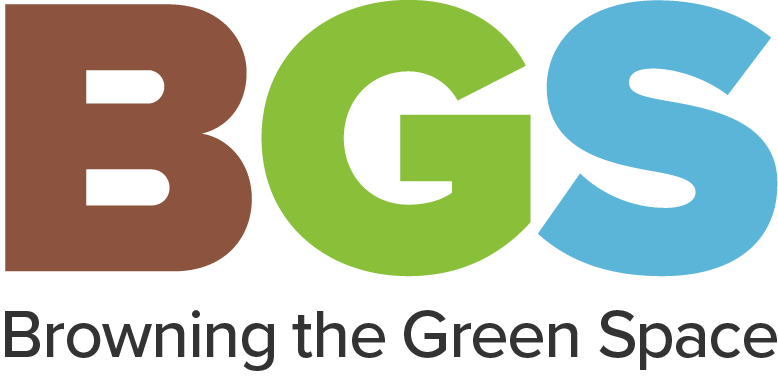
Round 1 Grantee
Browning the Green Space (BGS) is exploring pathways for formerly incarcerated citizens in Boston to receive training and support needed to enter high-performance building retrofits sector, exploring partnerships and solutions that reduce the barriers faced by those with CORI issues.

Round 1 Grantee
Codman Square Neighborhood Development Corporation (CSNDC) is exploring career pathways with employer partners for formerly incarcerated citizens to enter the high-performance building retrofits sector, with emphasis on accommodating CORIs.

Round 1 Grantee
Greenfield Community College is developing a co-op model with employer partners throughout Franklin and Hampshire Counties to train workers in fossil fuel industries and individuals in EJ neighborhoods to transition to clean energy job alternatives in the high-performance retrofits sector.
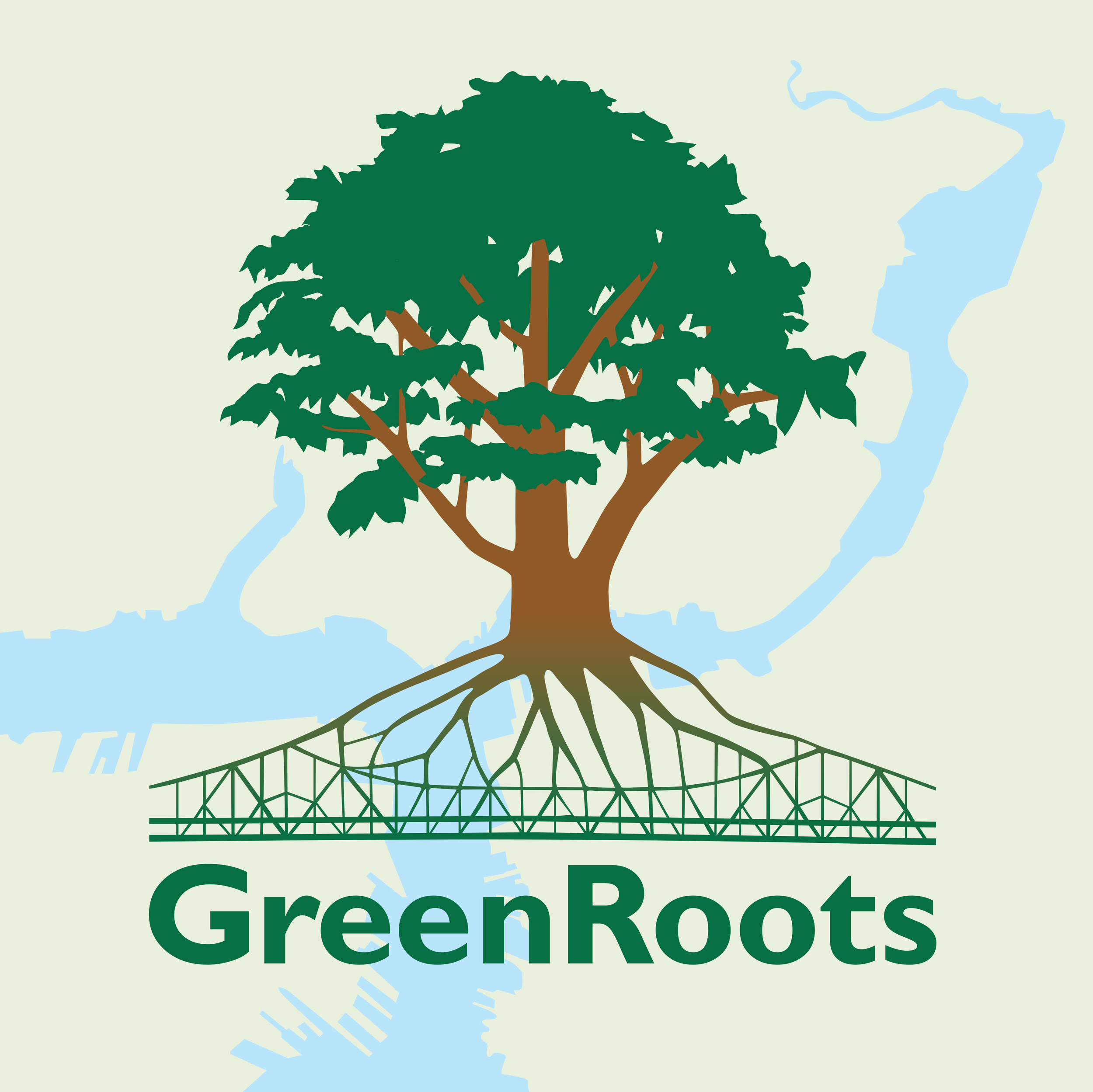
Round 1 Grantee
GreenRoots Chelsea is exploring training a wide range of people of color, workers in the fossil fuel industry, and youth from Chelsea and East Boston to enter the clean energy sector locally in careers related to solar energy and microgrids.

Round 1 Grantee
Groundwork Lawrence Technical School is developing a customized multi-year training program to train residents of Lawrence and other Merrimack Valley EJ Neighborhoods to enter careers in the high-performance retrofits sector.

Round 1 Grantee
Julius Education is developing and deploying a Massachusetts Green Buildings Accelerator Plan that can be deployed across EJ Neighborhoods statewide, providing residents with career navigation to better understand career pathways, access foundational training, and enter curated workforce and educational pathways.

Round 1 Grantee
Local Initiatives Support Corporation (LISC) is exploring the expansion of LISC’s existing weatherization training program, Bridges to Green jobs, which provides training for participants from EJ Neighborhoods to become weatherization technicians. Also exploring the addition of an entry-level heat pump tech training.
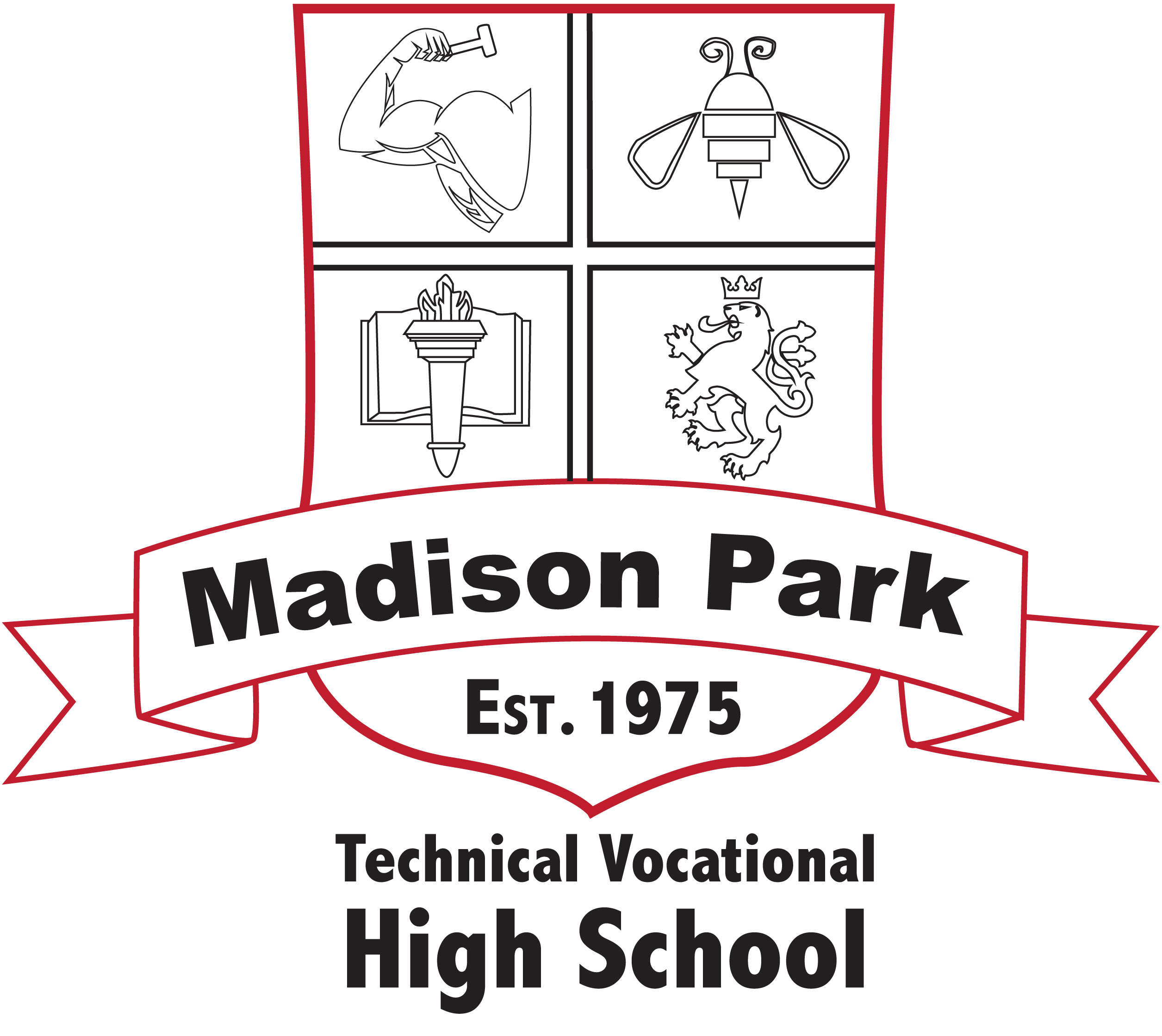
Round 2 Grantee
Madison Park Technical Vocational High School is partnering with Career Champions Network to implement recommendations from the school’s Clean Energy Task Force, generate a career exploration initiative for students, and develop a plan for an after-hours adult training program for clean energy sector occupations.
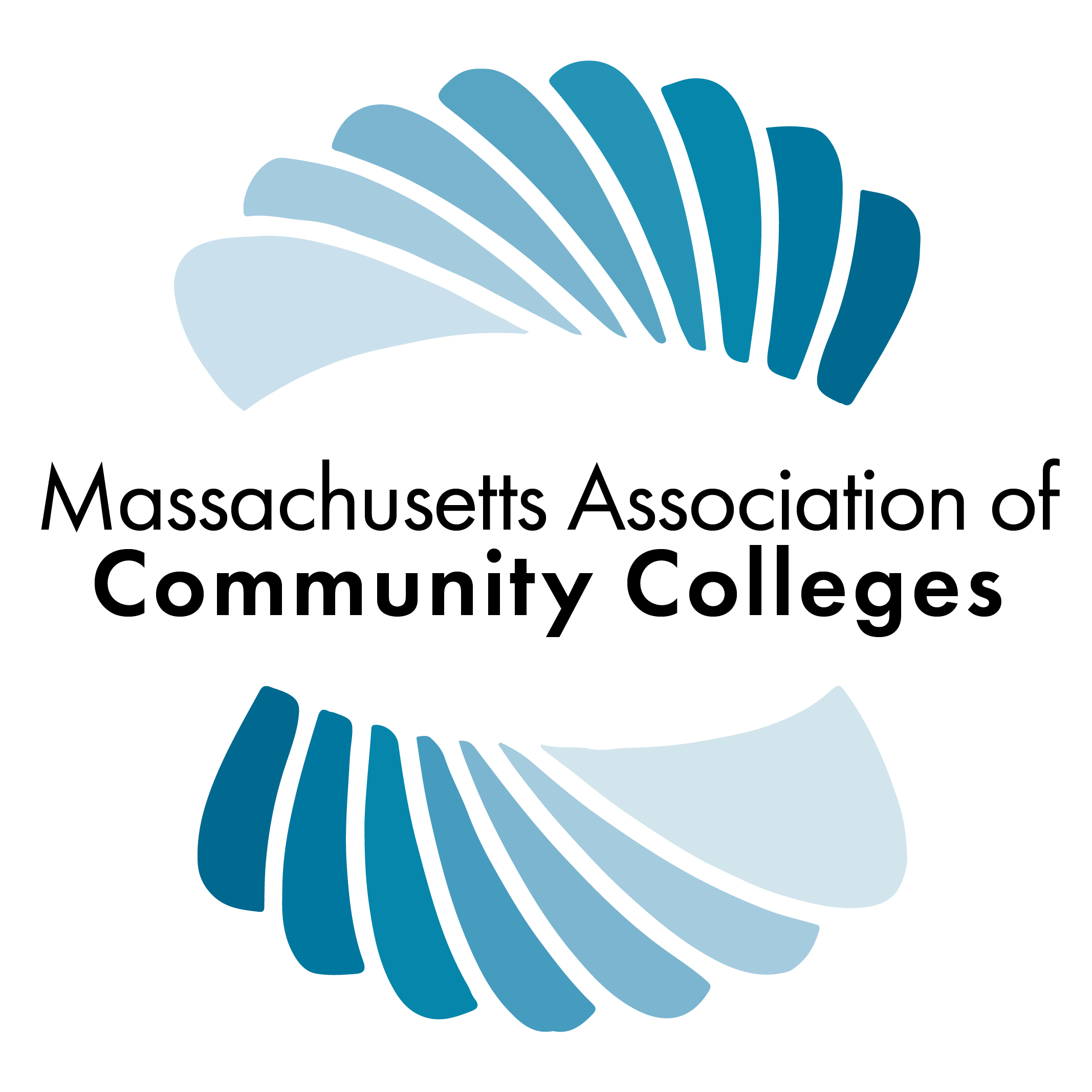
Round 2 Grantee
Massachusetts Association of Community Colleges (MACC) is conducting a needs assessment and gap analysis on training for entry to mid-level climate critical careers to inform the execution of programs in Massachusetts’ community colleges.
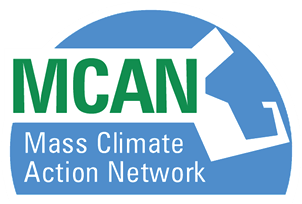
Round 1 Grantee
Massachusetts Climate Action Network (MCAN) is researching the components of an incumbent worker training program that meet the training needs of black and indigenous people of color (BIPOC) for new entrants and established workers with a focus on occupations in HVAC and building electrification.

Round 1 Grantee
MassHire North Shore Workforce Board is developing a regional equitable workforce training plan and training programs leading to jobs in the offshore wind industry supply chain and other parts of the blue economy.
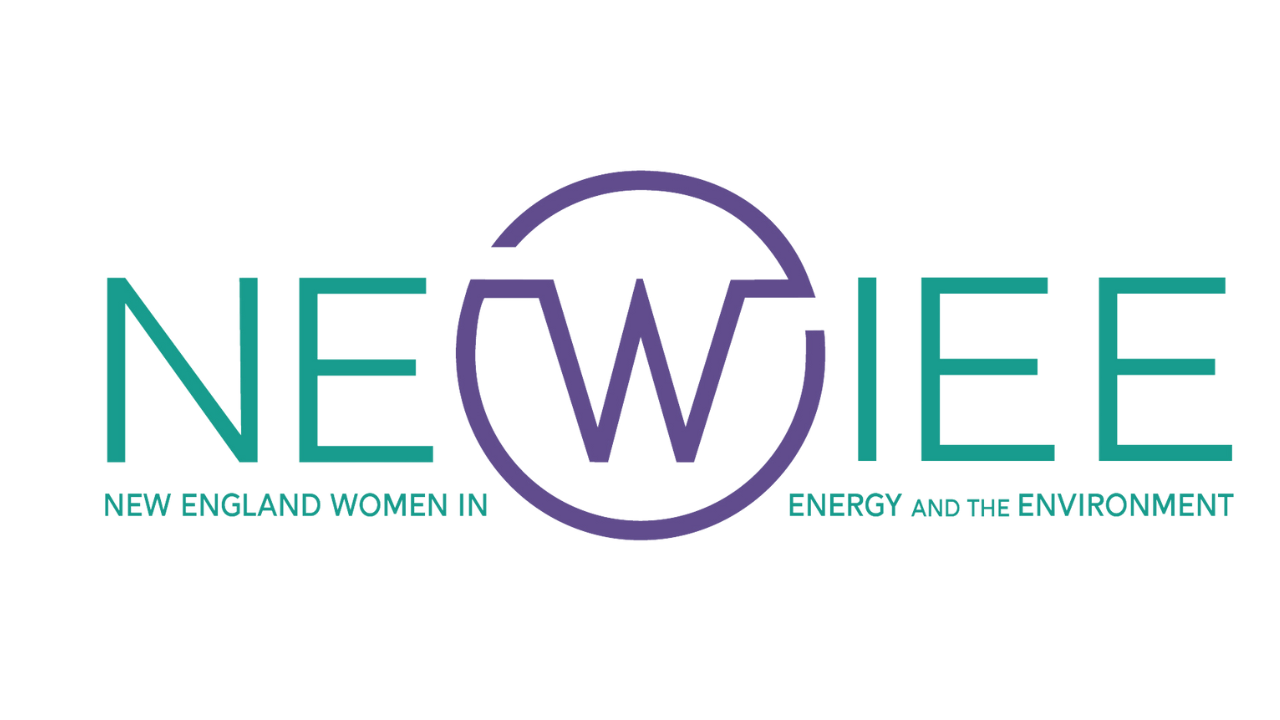
Round 2 Grantee
New England Women in Energy and the Environment (NEWIEE) is developing a fellowship program that seeks to train women in various climate critical occupations, matching selected individuals with companies/organizations operating in the clean energy industry, and will establish partnerships with organizations who will assist in diversifying recruitment processes to engage more women of color in the program and provide mentorship and support services throughout the fellowship.
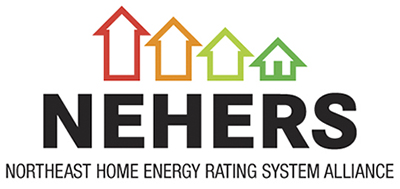
Round 2 Grantee
Northeast Home Energy Ratings System Alliance (NEHERS) is hiring a technical director to expand their existing HERS Rater Trainings to include mentorship and training for Rating Field Inspectors (RFIs) and HERS Modelers as an apprenticeship-equivalent pathway into the industry, specifically targeting underrepresented demographics.
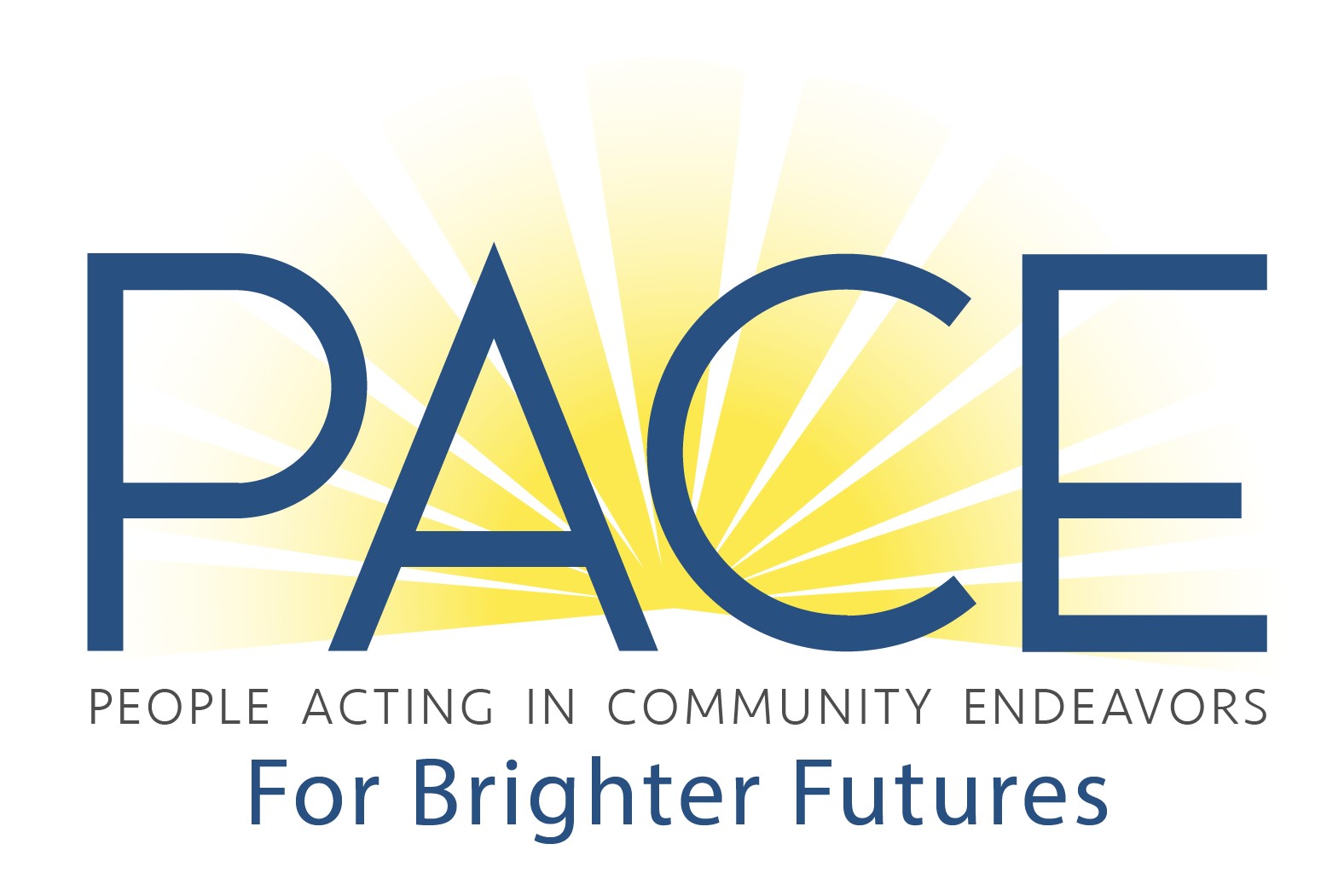
Round 1 Grantee
People Acting in Community Endeavors, Inc. (PACE) is connecting the most underserved individuals in New Bedford and neighboring EJ communities that may be missed by traditional workforce approaches by addressing their skills gaps to prepare them to work in the growing Offshore Wind Industry.
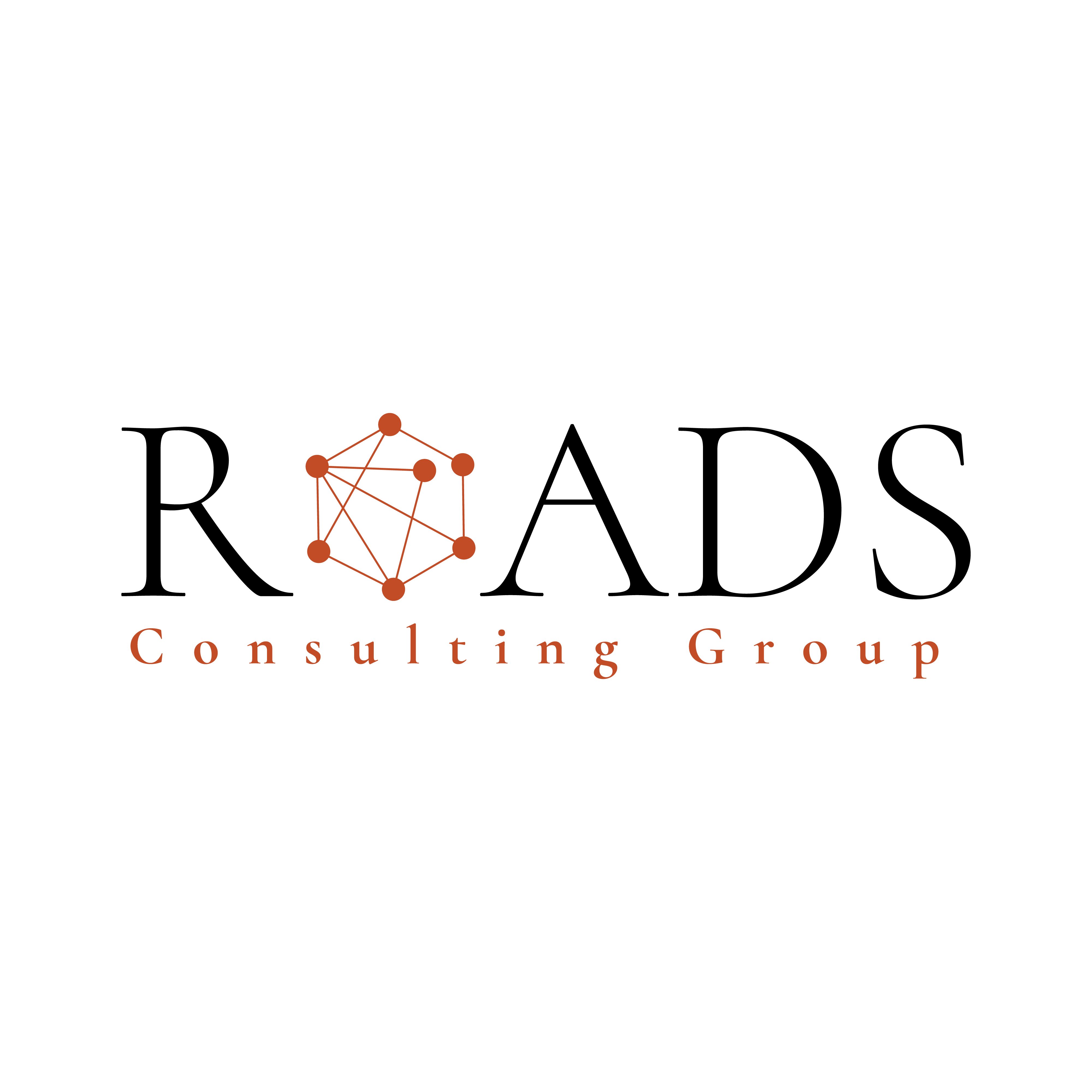
Round 1 Grantee
Roads Consulting Group is creating a plan to design secure business recruitment pathways for Minority and Women Owned Business Enterprises in low-income and Environmental Justice designated communities to enter the clean energy industry.
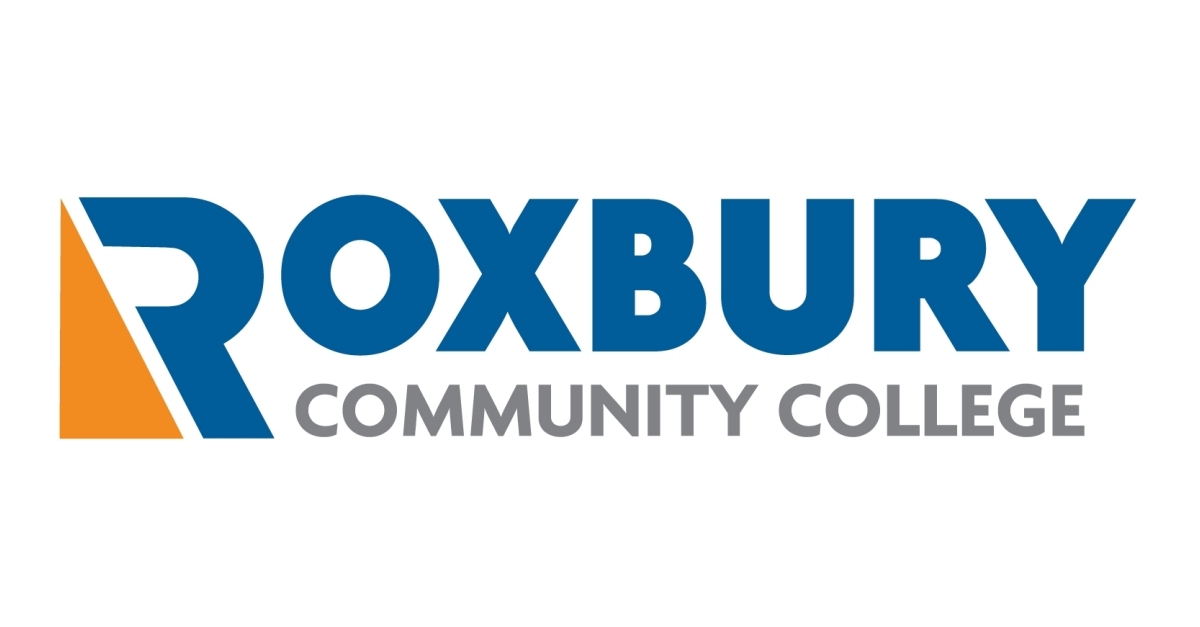
Round 1 Grantee
Roxbury Community College is developing a heating, ventilation, air conditioning, and refrigeration (HVAC-R) program for people of color and EJ neighborhoods.

Round 2 Grantee
The Studio for High-Performance Design and Construction (StudioHPDC) will create a plan to train carpentry instructors in the high-performance buildings sector at vocational/technical schools in Environmental Justice Communities.
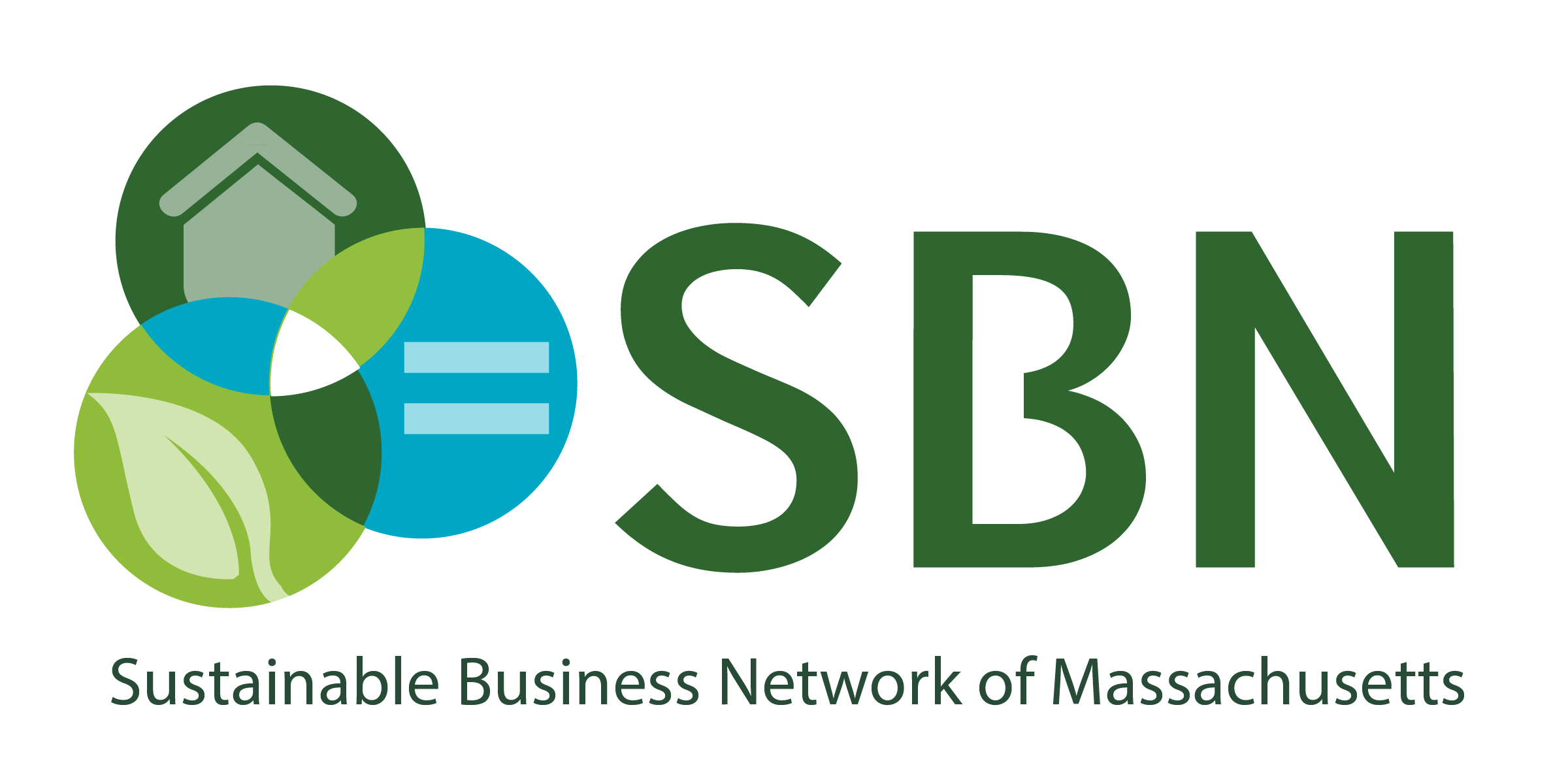
Round 1 Grantee
Sustainable Business Network of Massachusetts (SBN) is developing the SBN Workforce Diversity Program that will support diversifying the solar industry with a focus on EJ neighborhoods. SBN will focus on occupations in project development, sales and marketing, operations, and maintenance.
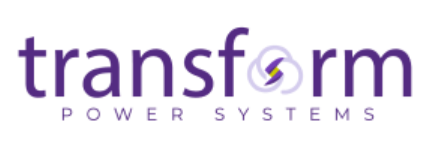
Round 1 Grantee
Transform Power Systems (formerly, Nordee Enterprises) is providing individuals in Hyde Park and Mattapan-based high schools exposure to clean energy jobs through specialization workshops at local technical school, colleges and neighborhoods associations.
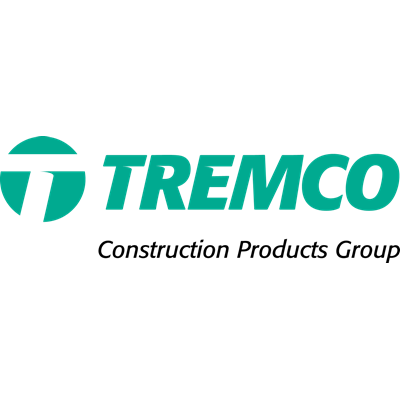
Round 1 Grantee
Tremco CPG Inc is exploring the expansion and upskilling of the Rising Stars trades program hosted at Madison Park Vocational Technical School to include high-performance retrofit training and placement pathways.
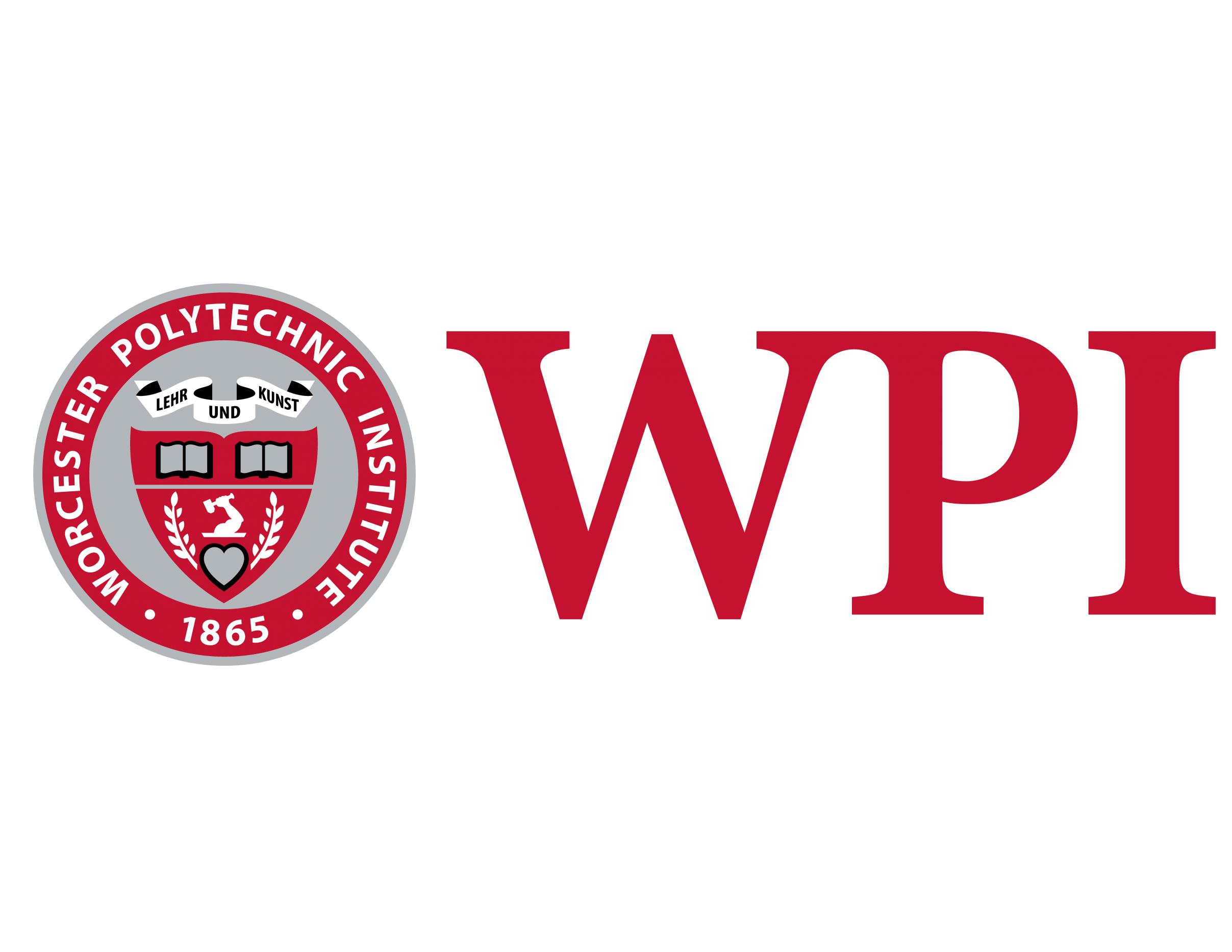
Round 2 Grantee
Worcester Polytechnic Institute (WPI) is developing a building energy system training program to provide training to underrepresented individuals, focusing on energy-efficient HVAC systems.
Additional Funding Opportunities
Request for Proposals: Community Engagement Planning Grants
$250,000 total; $50,000 per project
Rolling
EmPower Massachusetts
$300,000 (Priority Track Implementation)
$150,000 (Non-Priority Track Implementation)
$50,000 (Innovation & Capacity Building)
Innovation and Capacity Building: Rolling through April 3, 2024
Implementation: October 18, 2023 and April 3, 2024
Clean Energy Internship Program for Employers
$4,320/intern for Fall or Spring session; $8,640/intern for Summer session